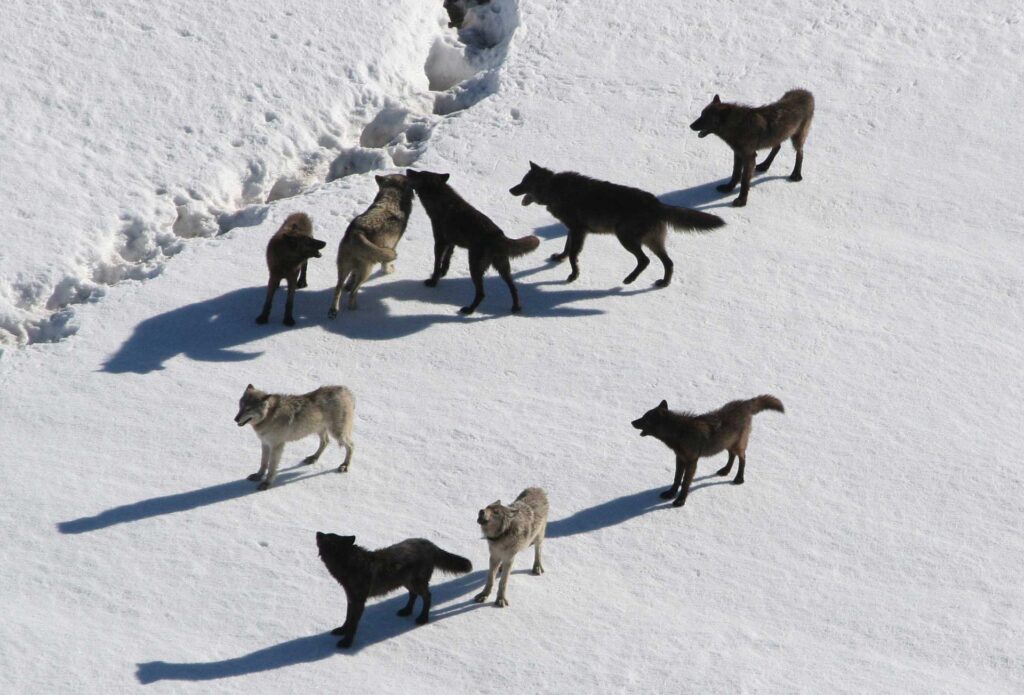Do States Have Primary Jurisdiction Over Wildlife on Federal Lands?
It is often said by state and federal officials alike that “states manage wildlife and federal land agencies only manage wildlife habitat,” implying that federal agencies do not have the authority to manage wildlife on federal lands if it conflicts with state wildlife policies. This is not true.
The courts have affirmed that federal agencies have abundant authority under the U.S. Constitution and federal law to intervene to protect wildlife on federal lands, even if it means overruling state wildlife managers. As Nie et al have written:
Federal land management agencies have an obligation, and not just the discretion, to manage and conserve fish and wildlife on federal lands. The myth that “the states manage wildlife and federal land agencies only manage wildlife habitat” is not only wrong from a legal standpoint but it leads to fragmented approaches to wildlife conservation, unproductive battles over agency turf, and an abdication of federal responsibility over wildlife. Another problem exposed is how the states assert wildlife ownership to challenge the constitutional powers, federal land laws, and supremacy of the United States. While the states do have a responsibility to manage wildlife as a sovereign trust for the benefit of their citizens, most states have not addressed the conservation obligations inherent in trust management; rather, states wish to use the notion of sovereign ownership as a one-way ratchet — a source of power but not of responsibility. Furthermore, the states’ trust responsibilities for wildlife are subordinate to the federal government’s statutory and trust obligations over federal lands and their integral resources.
Unfortunately, federal agencies rarely stand up to the states, resulting in numerous failures to protect wildlife on federal lands. One example is the U.S. Forest Service not intervening to stop the state of Idaho from hiring a professional trapper to kill two wolf packs living in a federal wilderness area. Another is the unwillingness of the Forest Service in Montana to protect Yellowstone wolves from being killed by hunters once they step outside the park onto national forest land. The list goes on.
For a thorough and authoritative debunking of this myth, see the article below.
Martin Nie, Christopher Barns, Jonathan Haber, Julie Lurman Joly, Kenneth Pitt, Sandra B. Zellmer (2017), Fish and Wildlife Management on Federal Lands: Debunking State Supremacy. Environmental Law, Vol. 47
